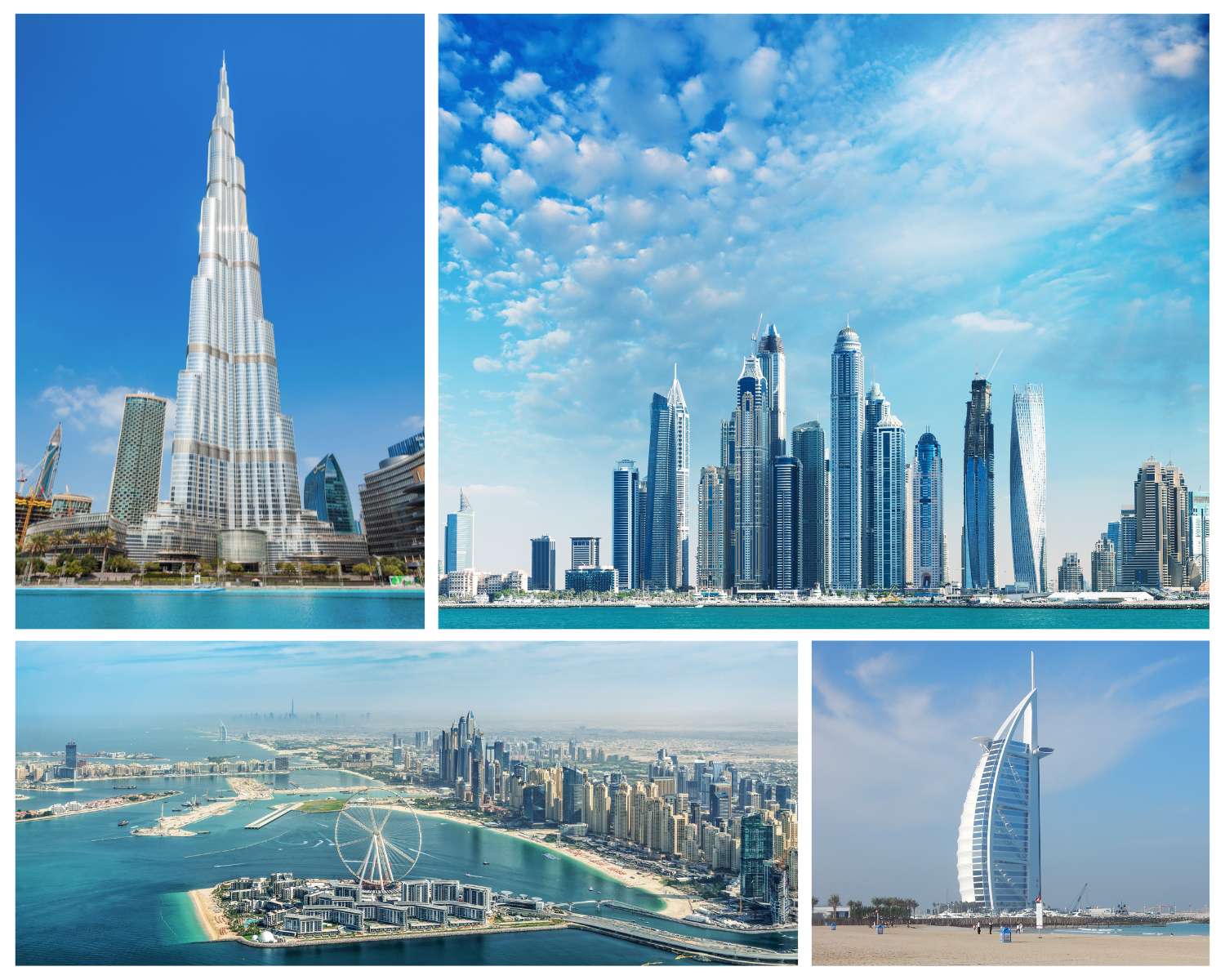
The world is better seen from Dubai than from Davos
People with a liking for white furniture. Children in designer wear. Social media hotel-gym reviewers called things like Brianna. People who eat at Nobu on a non-ironic basis. Paulo Coelho readers.
There is a prejudice about the crowd that Dubai attracts. I won’t pretend, during a trip here this week, not to have seen them at all. But the visit has been a better education in global affairs than was available in Davos over the same time.
A landlocked town in a landlocked nation is a damn fool place to host the World Economic Forum. As the Houthis are giving us occasion to remember, the forum of world economics is the sea. The setting of Davos encourages a very turn-of-the-millennium obsession with ideas, “trends” and tech over geographic facts. You wouldn’t know from the abstraction of the discourse there how much of modern
life still hinges on the safe passage of tangible objects across water (or on the distribution of mineral deposits). It is easier in Dubai to see what makes the world go round because of, not despite, its deintellectualisation of things.
But that’s the least of it. When the world was American-led, market-based and ever more democratic,
Davos was a useful distillation of it. Dubai, where the US is one influence among several, capital more state-directed and political values negotiable, is now a more faithful portrait of the world. When a sanctioned Russian moves from Knightsbridge to Palm Jumeirah, or a sovereign fund rather than a private one acquires a foreign asset, globalisation is going on — just not on western terms.
I doubt there will be a “capital of the world” again. Power is too diffused. But the trend of the world is best seen in Dubai. (Bangkok is a decent vantage point too.) You can’t guess from the faces and voices of shoppers in Dubai Mall which have been the best-off nations since 1945, or even if Europe is betteroff than India. Excluding the airport, I have overheard one American all week. (“This place is crazy”, she said of the Mall, twice over, and not without insight.) If Davos Man and Woman were rich people from rich countries, their Dubai equivalents are rich people from middle-income countries that were poor within their parents’ lifetimes.
To be clear, I preferred the Davos world. I am becoming more, not less, of an Anglo-liberal absolutist with age. But if the point is to have some notion of where things are going, then passing through Dubai once in a while, as a sort of pulse-check, is shrewd. The alternative? The untenable conceit that a globalist is someone who knows London and Paris. This year is the 100th anniversary of Thomas Mann’s The Magic Mountain. Set in a Davos
This year is the 100th anniversary of Thomas Mann’s The Magic Mountain. Set in a Davos sanatorium, the book re-creates the world before the first world war on a miniature scale. One patient represents liberal humanism, one conservative reaction, another decadence, and so on. In the final scene, when the protagonist comes down from the mountain to fight, the reader knows that an inferno
is due for that entire civilisation.
A century on, Davos is again infused with a sense of chronic or even terminal illness. A onceinvincible order seems to be going to seed. Dubai is worth a visit because it reveals this fear to be at least half-right. Yes, the economic centre of the world (people have tried to calculate its exact location over time) is moving east. The fruits of that new wealth have to be seen up close.
At the same time, look how much still rests on western elements. There is the US naval presence up in Bahrain. There is the common law in the Dubai International Finance Centre. What price Jebel Ali Port if America were to leave the guarding of shipping lanes to its less liberal rivals? Which foreign investors would trust the enforcement of their contracts to whimsical diktat rather than case precedent?
There is a lot of glee out there at the fading of Davos World. That doesn’t mean there is a model to replace it. The cleverness of Dubai is in not choosing. This mental bifurcation extends to the tolerantbut-also-strict moral codes, the western-but-also-not architecture, and the ambiguous geopolitical orientation of the United Arab Emirates. I can never decide if this is the least subtle place on Earth, or
the most.
janan.ganesh@ft.com
Find out about our latest stories first — follow @FTWeekend on Instagram and X, and subscribe to
our podcast Life & Art wherever you listen

